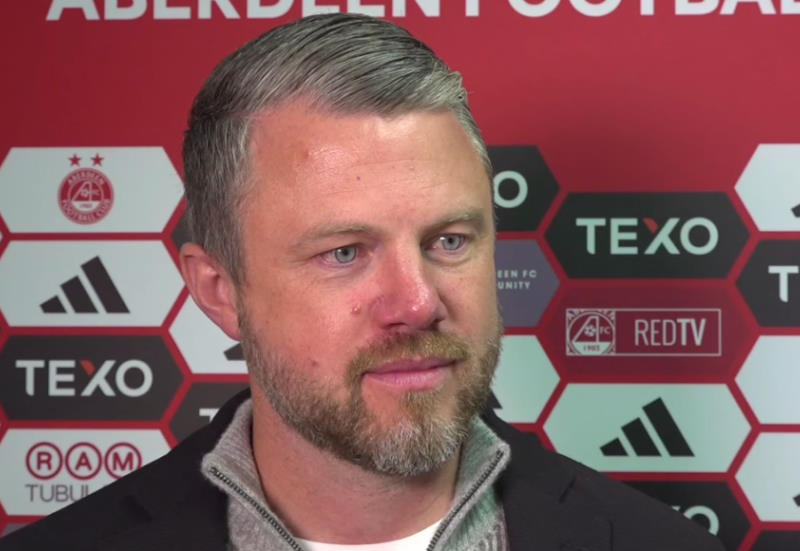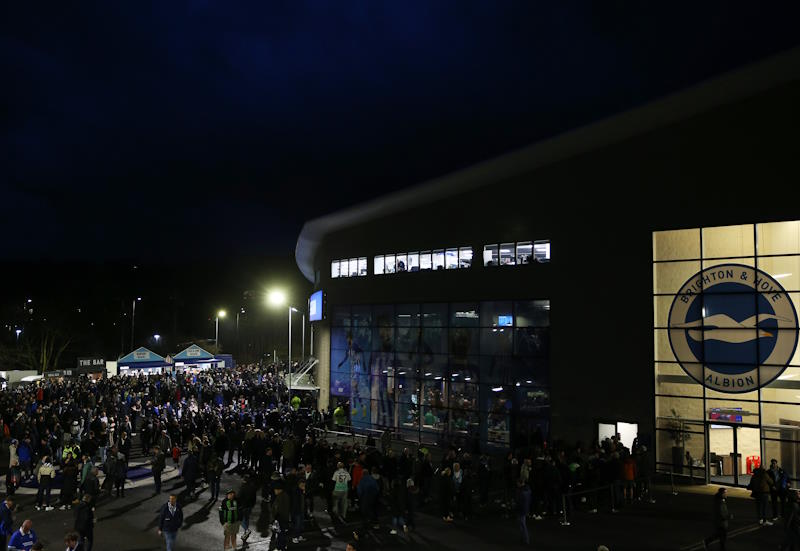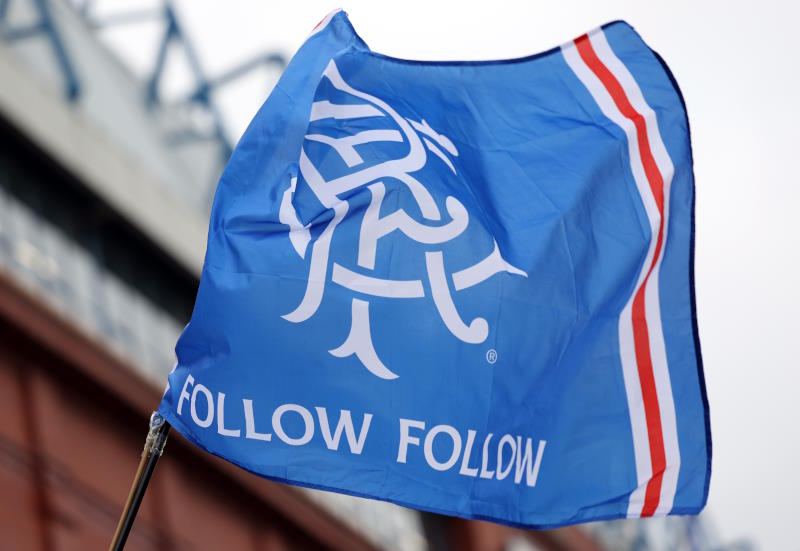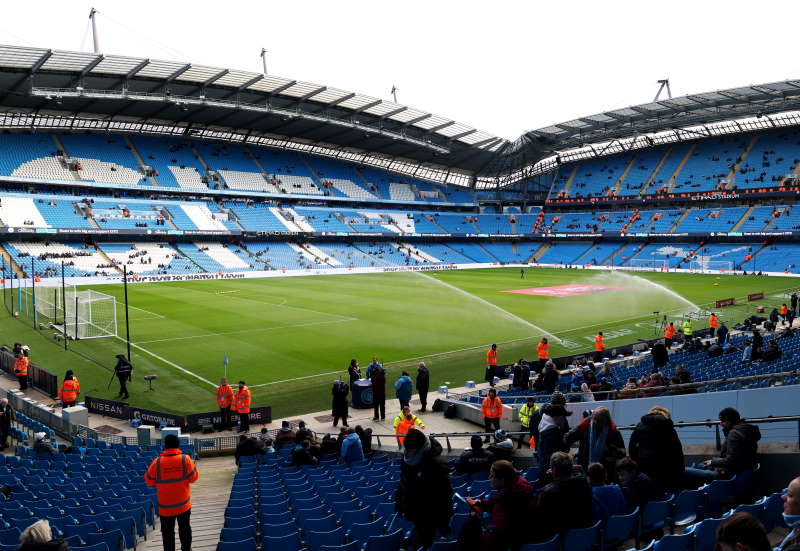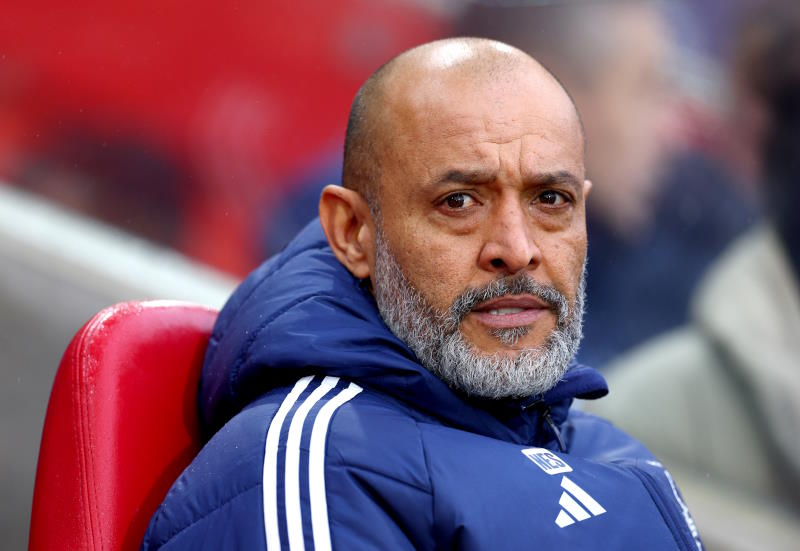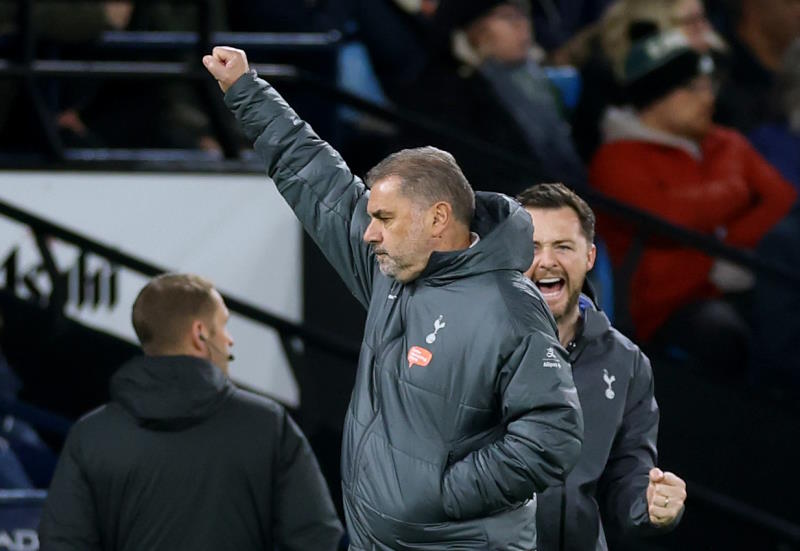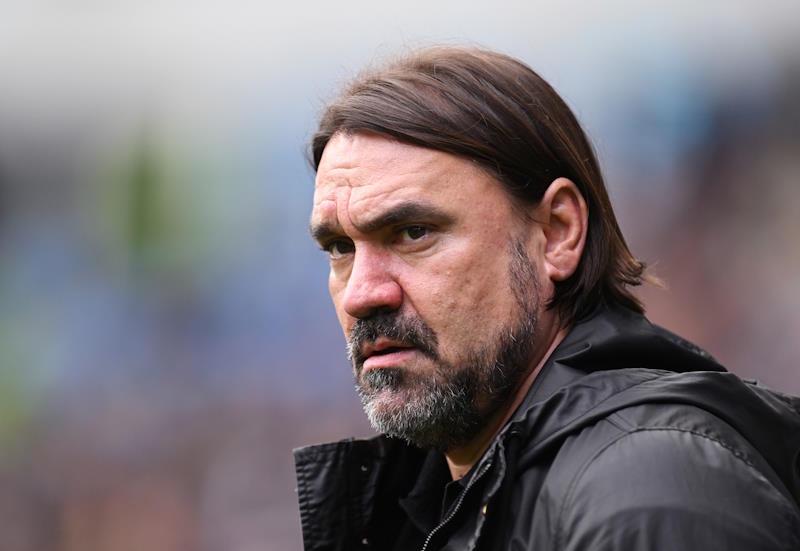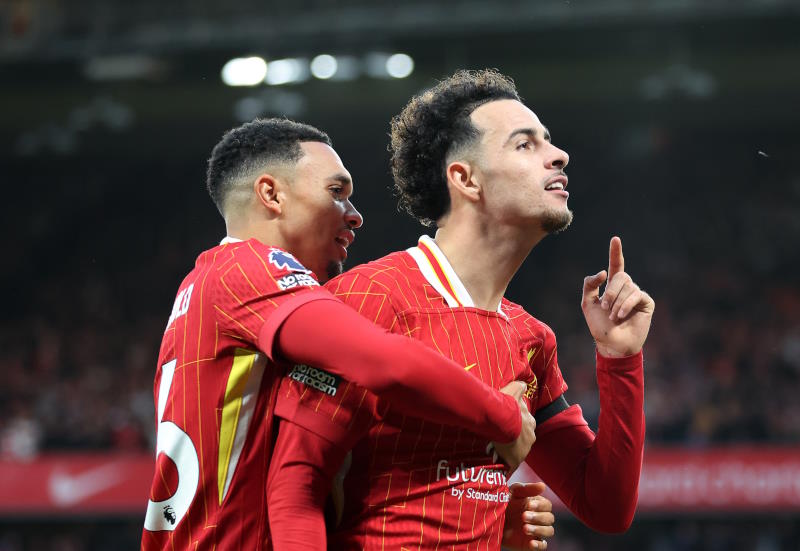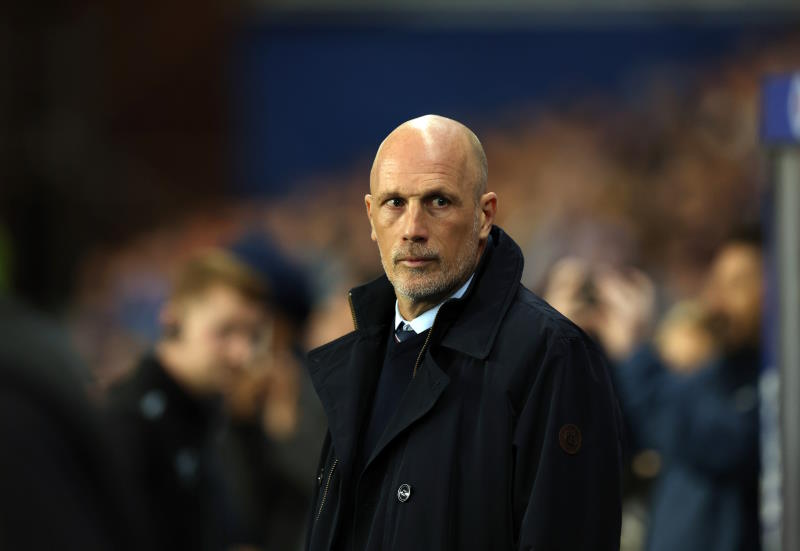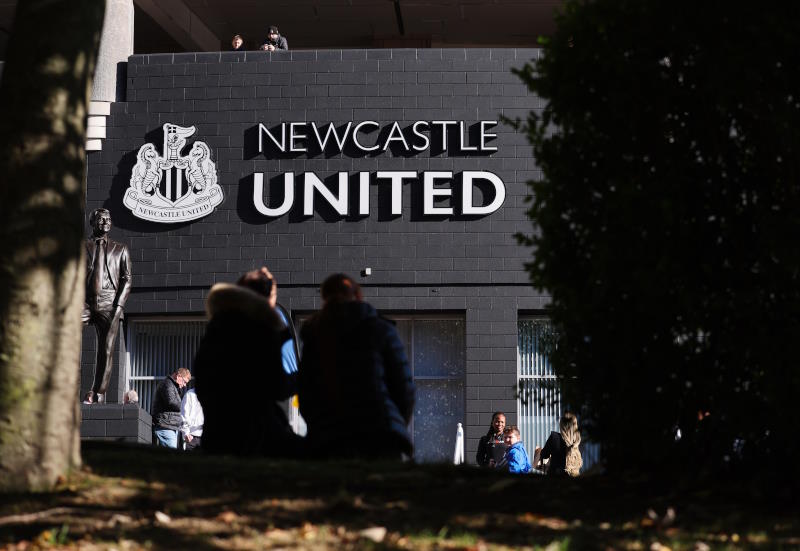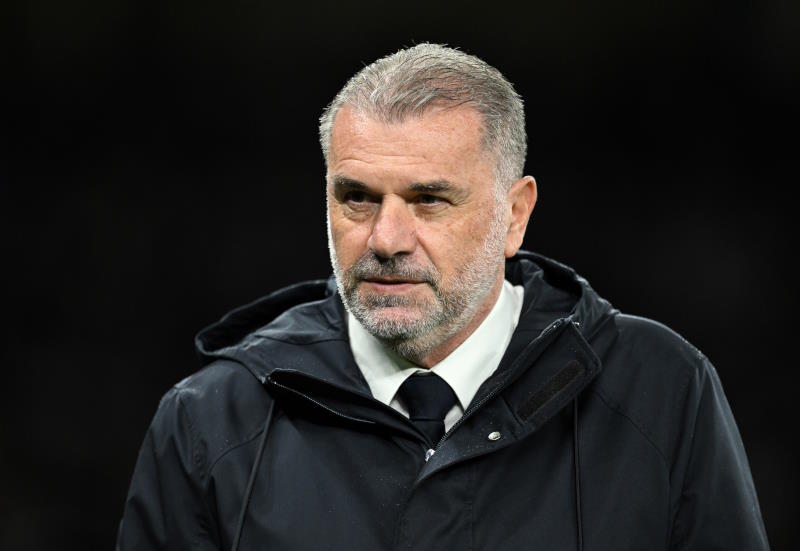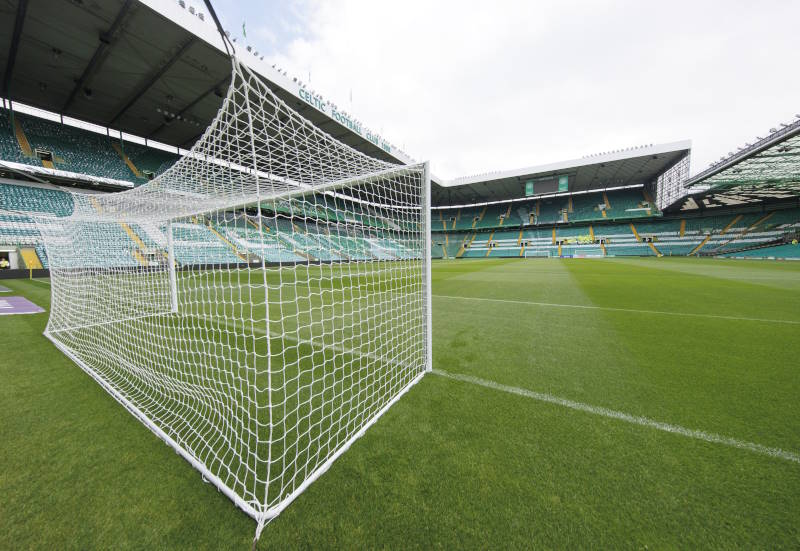
Artem Chobanian
The rise and fall of some countries can often be determined by looking at the quality of their national team. Whilst the biggest clubs in any nation’s league and its national team are not always of the same strength, it nevertheless often falls to the national side to create an impression of that country’s talent pool.
A good example of the rising standards and talent pool in Eastern Europe is Ukraine. The former Soviet country achieved something very special in qualifying for the 2006 World Cup and progressing to the quarter-finals. Euro 2008 was missed, however with a qualification group containing both France and Italy this was no disgrace.
But Ukraine’s campaign in the latest qualifiers for the World Cup, including a superb 1-0 recent victory over England, showed the country can be considered a rising power once again.
The squad has had new life injected into it by turning to a host of young talented newcomers, and despite critics in the country stating that this meant Ukraine would have little chance against Croatia and England, the Eastern Europeans stand on the brink of another World Cup appearance.
Of course, there have been blips along the way and performances have sometimes suffered, but Ukraine are creating a new team full of new faces.
When Oleksiy Mihailichenko was appointed head coach in January of last year, he was given the task of taking Ukraine to the first African World Cup. Many in the Ukrainian media felt his appointment was a mistake, classing him a level below previous coach Oleh Blohin. Even now, sections of the press advocate a foreign coach be appointed in 2010 if indeed the World Cup is reached.
But Mihailichenko took a risk, a risk not taken by Blohin, that of bringing through a new wave of talent and trusting them. And for that he should be applauded.
During the past two years, Ukrainian giants Dynamo Kyiv and Shakhtar Donetsk have made great strides in their recruitment of young homegrown and very determined players: Players like Evhen Hacheridi, Vitaly Mandzuk, Roman Eremenko, Andrei Jarmolenko, Vasily Kobin, Jaroslav Rakitsky and Konstantin Kravchenko.
Many of these talents have already represented the senior Ukraine team, and surprised not only the media but also themselves. Some sports writers suggested that they were too young for the national team, too inexperienced. But the youngsters responded with some excellent performances.
Some of these new boys have already succeeded in establishing themselves as fixtures in the team. Andrei Shevchenko, Sergyi Nazarenko, Anatoly Tymoschuk and Oleh Gusev are now complemented and rivalled by Artem Milevsky, Aleksandr Aliev, Alexei Hai and Alexander Kucher.
Coach Michailichenko has not been afraid to try youngsters whenever possible. Last year, when Metalist Kharkiv made such progress in the then UEFA Cup, Michailichenko called up Marco Devich, Valentin Slusar and Serhiy Valyaev. Unfortunately they failed to impress, but that the Ukraine coach was willing to try them, players from outside Dynamo and Shakhtar, was a great credit to him.
With England sailing through the qualification group, Ukraine’s real rivals were indeed Croatia. In this Ukraine felt they had an advantage, that is to say, a greater desire to win, a greater hunger.
In both matches against Croatia, home and away, Ukraine had roughly the same amount of chances as their opponents, and both ended as draws. The game where Ukraine nearly shot themselves in the foot was against hardy Belarus, being lucky in the end to escape Minsk with a draw.
Michailichenko was then faced with a hard problem to solve, that of beating England.
Ukraine’s youngsters were optimistic. Artem Milevsky, the Dynamo Kyiv forward joked: “Ukraine played well at Wembley, so why should we be afraid of Fabio Capello’s team here at home? They will be relaxed and, to tell the truth, there’s only one player that can prevent us from winning – the goalkeeper.”
Displaying such a carefree attitude, Milevsky was almost immediately criticised by the local press, but Aleksandr Aliev supported his friend, saying: “If we are afraid of the English before the match we will almost certainly lose. There’s no time to regret past mistakes or a lack of luck. We will attack and Capello’s team will come under great pressure.”
And the England match, ending 1-0 to the hosts, did indeed prove Ukraine could win if they needed to.
What awaits this squad in the future? It actually seems certain that Mihailichenko will be replaced, despite being in the job for the last 18 months and gaining the necessary results, no matter how nervy some performances had been.
But Hryhory Surkis, the president of the FFU (Federation of Football Ukraine) has a strong belief in the team, but not the coach.
For now though, celebration will have to wait. Should Ukraine secure second spot, which looks almost certain, then the playoffs await. Ukraine will be desperate to qualify though. For players such as Shevchenko, Nazarenko and even keeper Oleksandr Shovkovskiy, this may be their last chance at a major international tournament.
With so many of the squad having five or ten years of continued development in front of them, the future is indeed bright for Ukrainian football, World Cup or no World Cup. If clubs like Dynamo Kyiv, Shakhtar Donetsk, Metalist Kharkiv and Dnipro Dnipropetrovsk continue to produce and nuture the talent then the national side can only get stronger.
And for a glimpse of the future look no further than Ukraine’s under-19s, who recently lifted the European Championships.
Related Articles:
- – Under-19 Championship Win Shows Ukraine Future
- – Top Flight in Ukraine Survives Early Crisis
- – Castillo and Guilherme Bolster Ukrainian Premier League
Chelsea 08/09 Third *50% off* PAOK Salonika 09/10 Home

